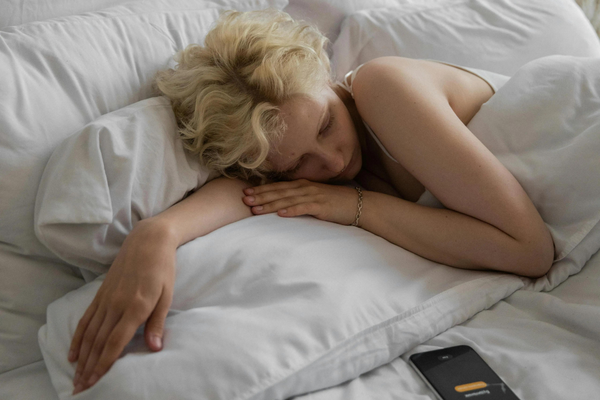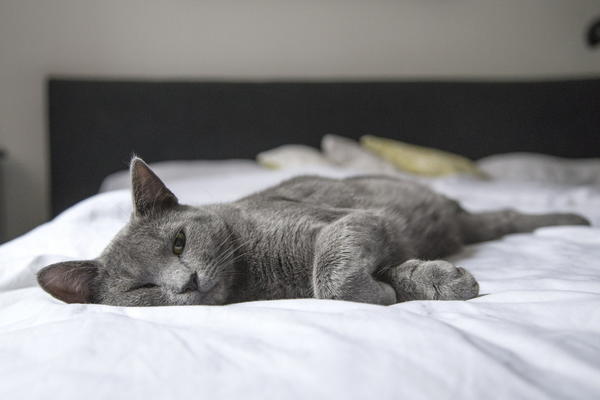Daylight Savings Time (DST) and Its Impact on Sleep
When is Daylight Savings Time 2024 in the United States and Canada?
Daylight Saving Time (DST) will occur this year on March 10, 2024 at 2 a.m. local time for the United States and Canada. We will be setting our clocks one hour ahead, so at 2 a.m. local time, our smartphones will jump to 3 a.m. and alarms would wake us up an hour earlier. If you’re relying on manual devices, make sure to set your clocks one hour ahead before sleeping! Daylight Saving Time (DST) is observed in most of North America, Europe, parts of Africa and Asia as well as Oceania, though when (date and time) it occurs differs.

What is Daylight Savings Time (DST)?
Daylight saving time is a practice where clocks are set forward by one hour during the warmer months to extend evening daylight and set backward one hour during the winter months for more daylight in the mornings. This bi-annual shift means we lose an hour ("spring forward") in spring and gain an hour ("fall back") in autumn. The aim of DST is to adjust our clocks to utilize natural daylight and reduce the need for artificial lighting.
Does Daylight Savings Time (DST) Affect Sleep?
The transition into and out of daylight saving time can disrupt our body's internal clock, or circadian rhythm, which regulates our sleep-wake cycle. Daylight saving time can lead to difficulty falling asleep, staying asleep, and waking up in the morning.
Research indicates that the sudden change in time can temporarily disturb our sleep patterns, leading to sleep deprivation and reduced sleep quality.
Daylight Savings Time (DST) Impact on Health
Sleep disruption caused by DST can have several short-term and long-term health implications. In the short term, people may experience increased sleepiness, reduced alertness, and mood changes. Research has also suggested that the transition into DST is associated with a slight increase in health risks such as heart attacks, strokes and traffic accidents in the days immediately following the change.
Science Behind the Sleep Disruption from Daylight Savings Time
Our circadian rhythm is influenced by exposure to natural light. When the clocks change, our exposure to daylight shifts, confusing our body's natural clock. This confusion can lead to a misalignment between our internal clock and the external environment, making it harder to fall asleep at our usual bedtime.
Till Roenneberg, Head of Human Chronobiology at Ludwig-Maximilians University in Munich, Germany, when interviewed by National Geographic said:
"Light doesn't do the same things to the body in the morning and the evening. More light in the morning would advance the body clock, and that would be good. But more light in the evening would even further delay the body clock."
The daylight savings time shift ultimately disrupts the optimal circadian rhythm and sleep hygiene built up, with research finding that the reduction of sleep by an hour caused by DST could require weeks to re-adjust again.
How to Adjust to Daylight Savings Time (DST)
Adjusting to the DST time change can be challenging, particularly for spring, but there are strategies to help minimize its impact on sleep:
Gradually Adjust Your Sleep ScheduleA few days before the change, start going to bed and waking up 15-20 minutes earlier (spring) or later (fall) each day to gradually adjust to the new schedule.
Increase Light Exposure in the MorningExposure to natural light in the morning can help reset your internal clock. Try to get outside in the morning or use bright artificial lights if natural light isn't available.
Optimize your Thermal EnvironmentAs your core body temperature drops in preparation for sleep, lower the thermostat of your bedroom earlier in the evening to facilitate the sleep initiation process. Consider Evercool® Cooling Comforter to amplify a conducive sleep environment as it’s developed to provide lasting, cooling comfort and prevent night sweats.
Keep a Consistent Sleep Schedule
Even on weekends, try to go to bed and wake up at the same time to help regulate your body's clock. Though tempting since it's the weekends, also avoid consuming alcohol before bed to ensure a restful night.
Create a Relaxing Bedtime Routine
Establish a calming pre-sleep routine to signal to your body that it's time to wind down. This can include activities like reading, taking a warm bath, or practicing relaxation exercises. Avoid device use where possible at least an hour before bedtime.
Adjusting to daylight saving time is a gradual process, and it's normal to feel a bit off after the time shift. However, by implementing strategies to adjust, you can help ensure that the transition is as seamless as possible, preserving your sleep quality and overall health.







